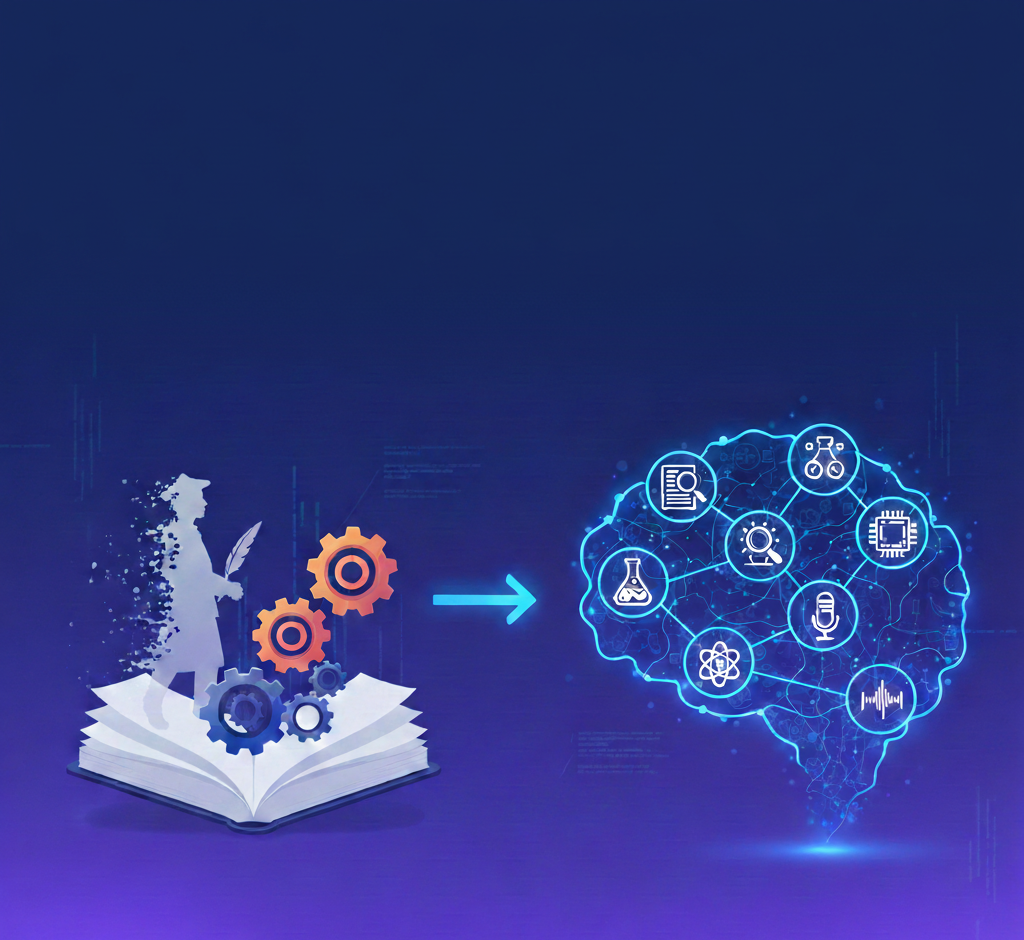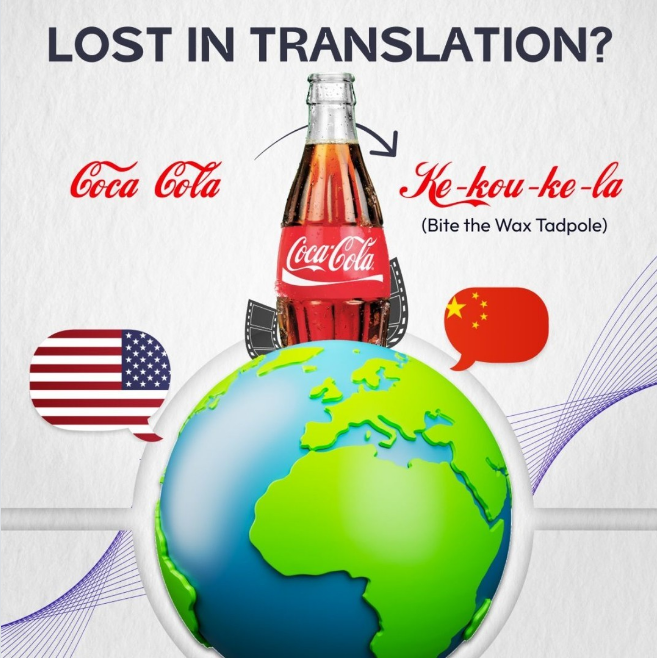It’s a disjointed world we live in. On one hand you see researchers pushing the boundaries of artificial intelligence. On the other hand, over 13% of adults in the world cannot read and write. There are those that are surfing the cutting edge of tech and those that either avoid it entirely or use the bare minimum to get whatever they need done. And there are those, like me, who are somewhere in between. I place no judgment on which side of the spectrum anyone lies in, but it’s important to recognize that beneath the hype, the tweets, the veneer of futurism lies a world of people who are unsure, uncertain and unconvinced that whatever change is about to come may be positive.
This broad psychological framework applies well to our world of translation. There are imaginary bullish engineers on one hand flirting with the vision of a world in which artificial intelligence renders translation unnecessary. And there are translators like my mother who still prefer a simple word processor and a search engine as their basic tools. And again, I place no value judgment in personal preferences as far as how to get things done.
This old-school/new-school polarity then gets amplified by opportunism and fear. Whether for marketing or other purposes, there are those that will focus on how big the change is, how near it is and just how cataclysmic it will be. And then there are those who fear what this change could represent: becoming a less valuable professional and deep down even a less valuable human being.
But the reality in my opinion lies in neither poles. Change is happening. It always has been and always will be. Change is scary. Particularly when it regards something unknown. It’s scary to think about having to pack up and move to another city that you know and have been to in the past. But it’s far scarier having to move to a city that you know nothing about.

Which brings me to the most important point of this article, perhaps the single point that matters: It’s time to practice what it means to work with AI. Rather than opposing it from a theoretical perspective, fighting it from a matter of principal or fearing it from prejudice, getting to know it is good. It de-escalates the internal commotion generated by fear of change. It also at least creates the opportunity for one to arrive at one’s own opinion that is grounded in experience rather than opinions of others.

And by getting to know it, I don’t mean trying out crazy prompts to show the points in which ChatGPT fails. I mean using it in practice, applied to our world of translation.
I have been playing the past few days with our integration with ChatGPT that our brilliant engineers put together. They managed to infuse years of experience in Data Science and Machine Learning with their experience of working for years developing a platform that focuses on multilingual file and information management. It was perfect timing for them. We had the right language management structure in place to make it feasible to quickly begin integrating and experimenting with ChatGPT.

And from the get go, our approach was not about ending the need for translation. Rather, our approach was to build out tools that would make a translator’s experience more positive. Less grinding and more thoughtful. Less fixing simple things and more focusing on the difficult choices. It’s a big experiment for us but so far we have been blown away by the transformation potential that LLMs like ChatGPT bring to the table.
They add another dimension of possibilities that gets layered onto current knowledge management structures such as Machine Translation, Translation Memory and Glossaries. And the result is not a simple addition formula. It’s a geometric progression that will reshape how we think about language management and technology. Again, not saying that translation won’t be necessary, but that the way people translate will fundamentally change.

And don’t take my word for it. Try it. That’s the beauty of it. I invite you to try out our integrations with ChatGPT for free for the first 14 days. See what you think. Let us know, let the world know. We need to know where this performs well and where it fails. Where it shows potential and where it’s a no-go. Play with it, sure.
But I dare you to process a real translation assignment with our engine and see how it feels. That’s when you truly get a sense of it. My broader invitation is: don’t wonder about whether ChatGPT will take away your value. For me it’s clear that it has the potential of going to make us much better. But try it and see for yourself. Your opinion is the only one that matters.
Unlock the power of glocalization with our Translation Management System.
Unlock the power of
with our Translation Management System.



























